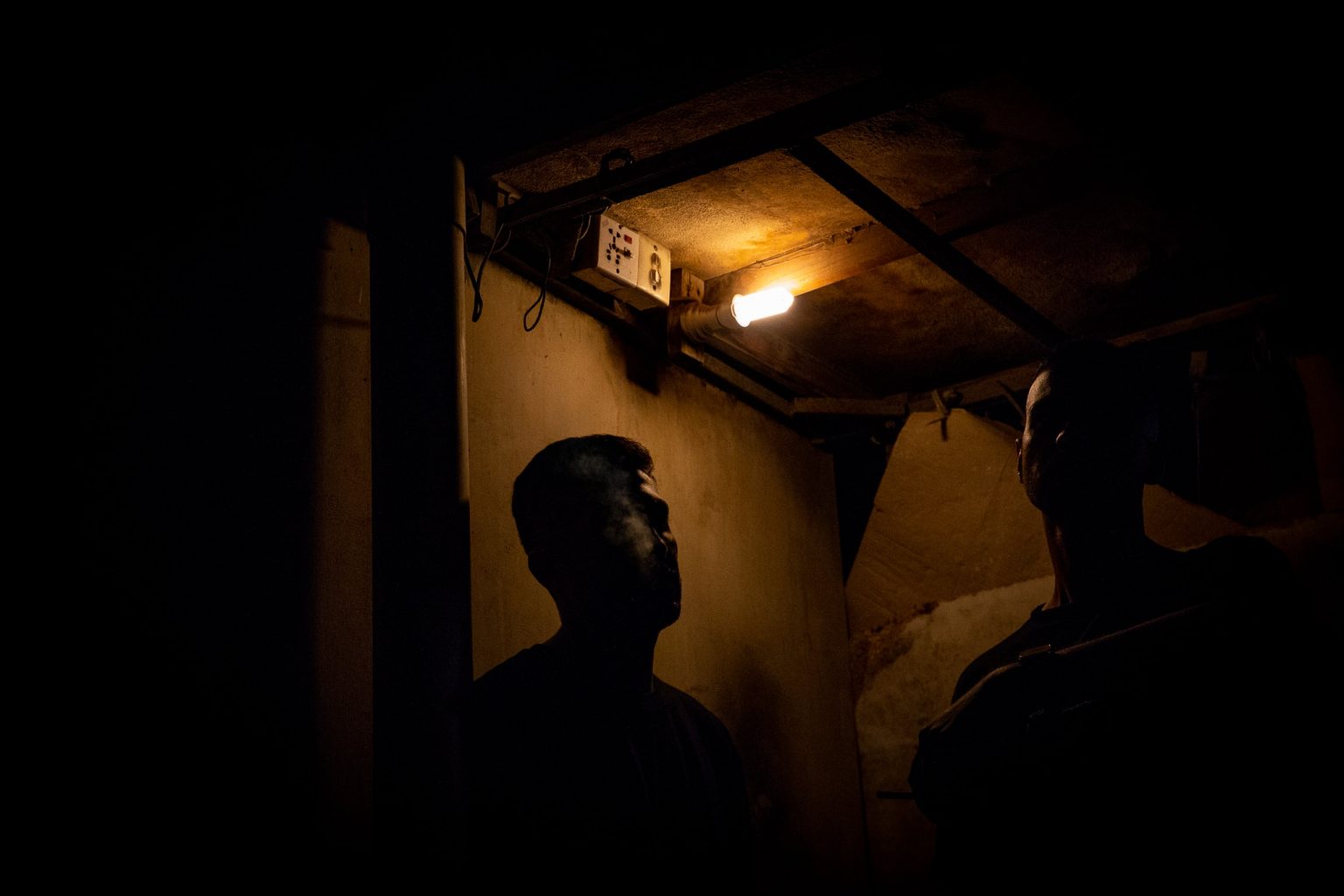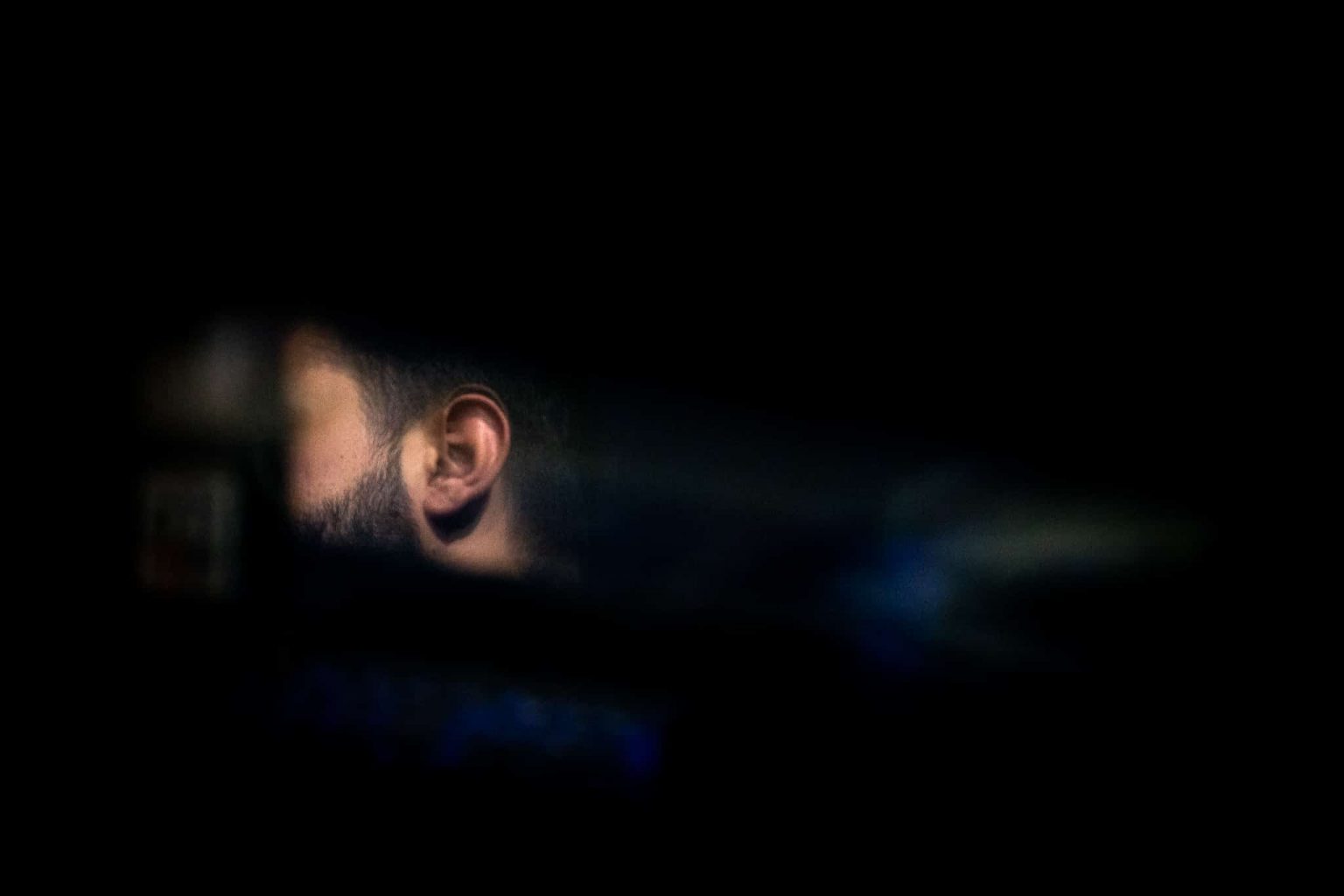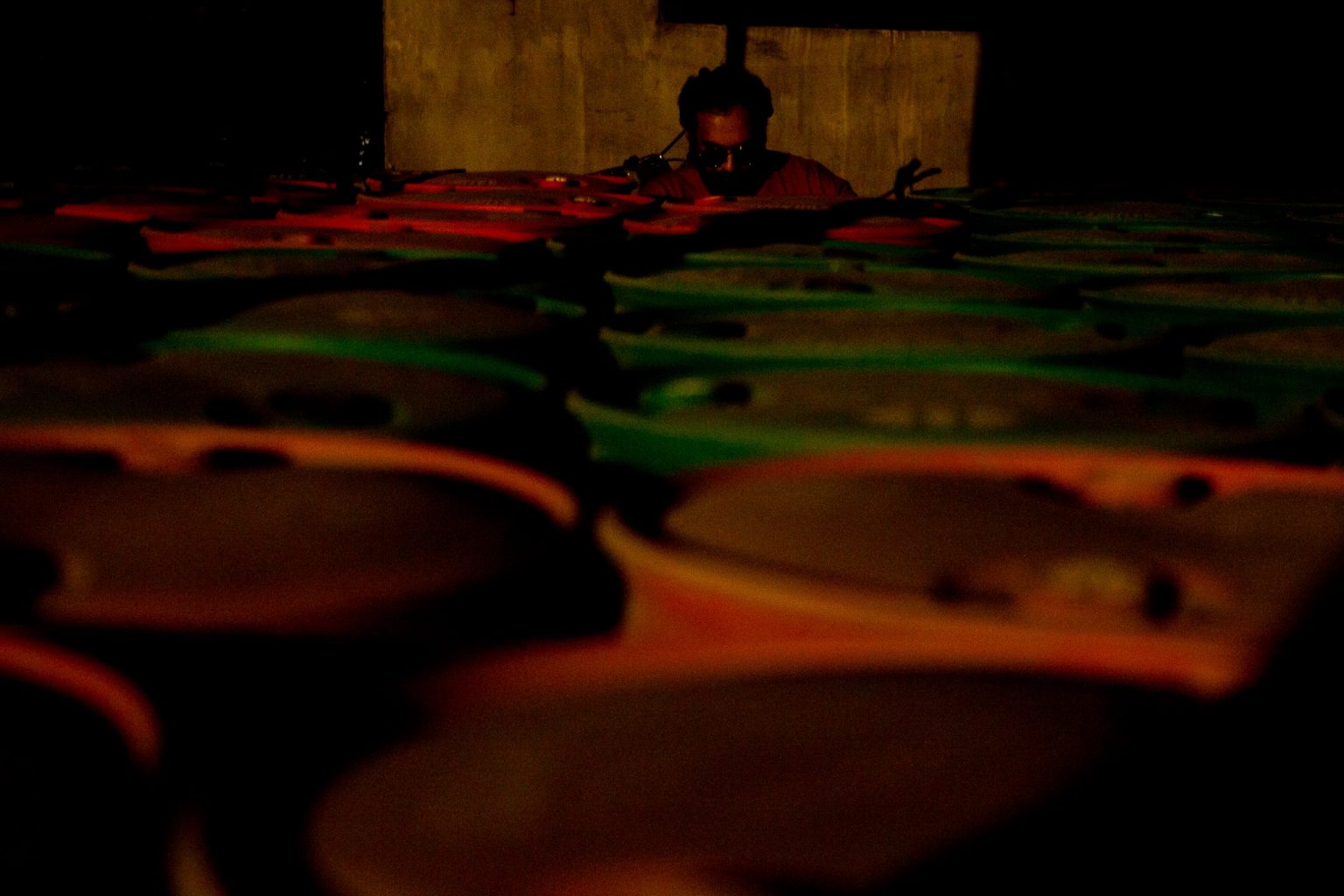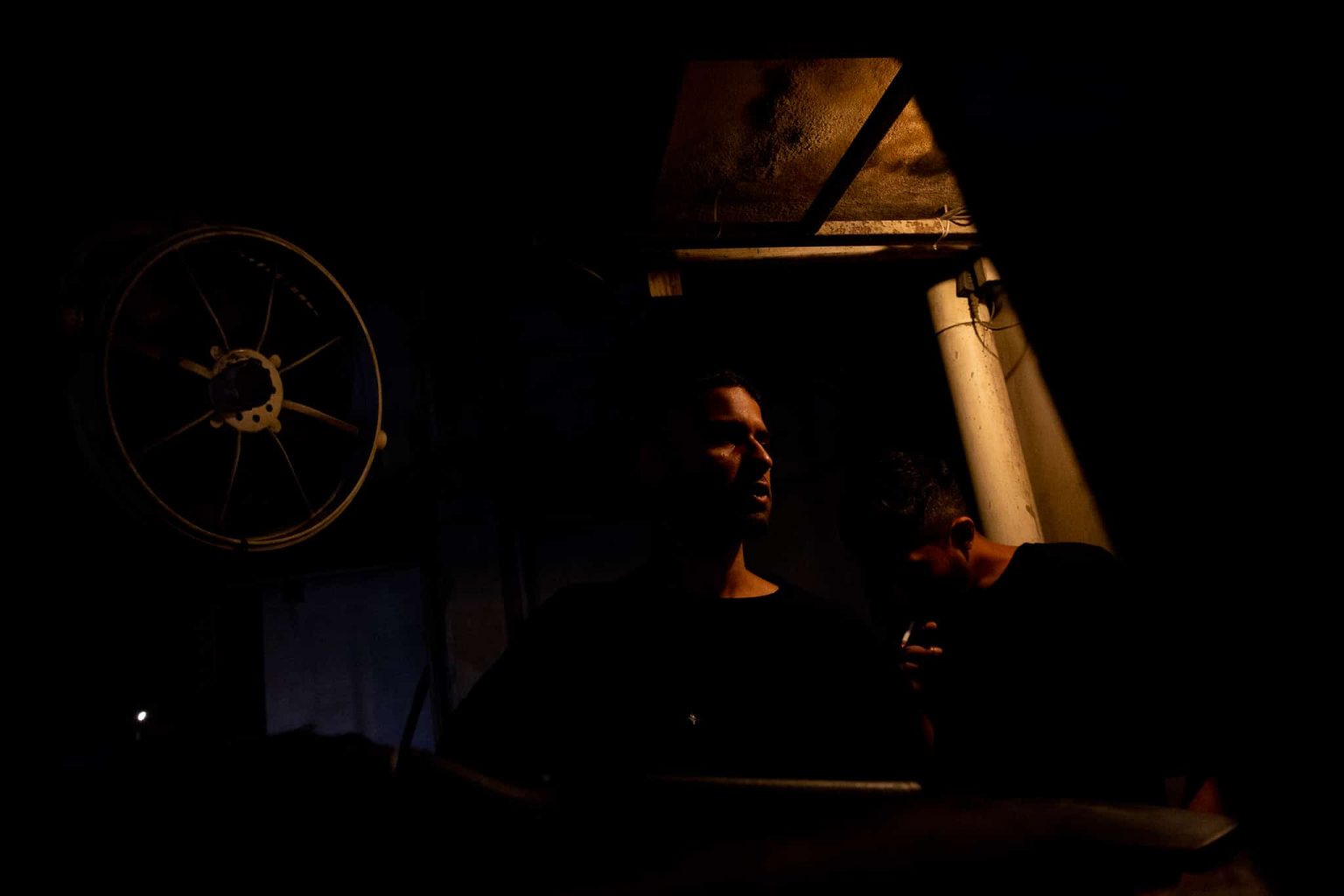Imagine moving ‘home’ for the first time in your life.
Having spent almost the entirety of her life abroad, Mahira returned to Karachi, Pakistan to explore the the city of her father’s childhood and mother’s early adulthood. Brought up on the stories of Karachi’s past, of ‘the good old days’ that seemed to have withered away under the dust and debris in the forgotten parts of town, she embarked on a journey to explore the city she was told was once filled with bars, nightclubs and discotheques—the city that shaped some of the fondest memories of her father’s youth. Karachi is no longer the city it once was in the 70s.
Where bars and clubs are hotbeds for live music culture to flourish in the West, Pakistani musicians don’t have the luxury of using these platforms to share music with an audience.
In the 1970s, due to political pressure from religious parties in the country – among many other things – the sale and consumption of alcohol was banned in Pakistan. And as a result, many of the institutions that provided a space for people to enjoy music lightheartedly were eventually forced to close down as well.
Before the ban, Karachi was known for its booming nightlife scene. But today, in a country that is shaped by its volatile history, many underground musicians are forced to fly under the radar to perform for a crowd.
That’s not to say that public spaces for music, art and culture don’t exist at all – they do – but they’re extremely limited and poorly financially supported. Popular artists that perform in public spaces fit more into the box of commercial rather than simply mainstream music where they largely rely on backing by the likes of Pepsi, Nescafe, Coke, and even Cornetto. Few spaces exist that welcome indie artists and support non-traditional music – at least to the local ear – like electronic music, hip hop and so on.
So, in come private spaces.
Be it invite-only events where details are shared secretly on WhatsApp, jam sessions in private homes, or private parties posed as pop ups that merge the coexisting worlds of music, fashion and art – the individuals and collectives that provide these private spaces offer a much needed platform for progressive live music culture in Karachi.
Discussions about Karachi’s nightlife today are also often times nostalgic for a past the current youth generation have never even experienced. So, we sat down with some of the city’s young talent that are pushing the boundaries of contemporary creative culture in spite of the odds that have been stacked up against them.

Faraz Siddiqui and Hassaan Khan, Co-Founders of lifestyle brand HeF.

Daniel Panjwaneey, a.k.a. Alien Panda Jury, Producer and Co-Founder of Sine Valley music festival.
“I’ll be very honest, one of the main reasons I started that was out of frustration with our own scene. We already have a really good community of DIY musicians doing their own thing here. There needs to be something where… If it exists here, it exists in our own neighborhoods: Sri Lanka, India, Nepal, Bangladesh, Maldives; it’s everywhere. The idea was to tap into that.”
— Daniel Panjwaneey on the reasons he founded Sine Valley

Bilal Nasir Khan ( a.k.a Rudoh), Producer and Co-Founder of net label Forever South.

Jasir Abro, Co-Founder of Jambro, a global market network for live music.
“History repeats itself. I’ve seen it happen a couple of times. The scene gets really good, people start having a lot of fun, someone gets shot, parties get shut down, five years pass and parties start happening again.”
— Jasir Abro speaks about the cyclical nature of culture in Karachi

Bilal Nasir Khan.
“The second they walk in and see the massive projection screen and hear this loud weird music, they were stunned. For ten seconds they didn’t say anything and were just looking at what was happening.”
— Bilal Nasir Khan recalling the time police halted a show and were confused by the strangeness of the audio-visual performance

Daniel Panjwaneey.

Faraz Siddiqui and Hassaan Khan.
“A few years ago it was way worse than it is now. Whether it’s music, whether it’s food, business is thriving. People want to test it out once more. They did something four years ago, they’re like, ‘okay, let’s see if we can try it again.’”
— Hassaan Khan

Jasir Abro.
To find out more about the people featured in this story, visit Forever South, Rudoh, Sine Valley, Alien Panda Jury, Jambro and HeF.



























